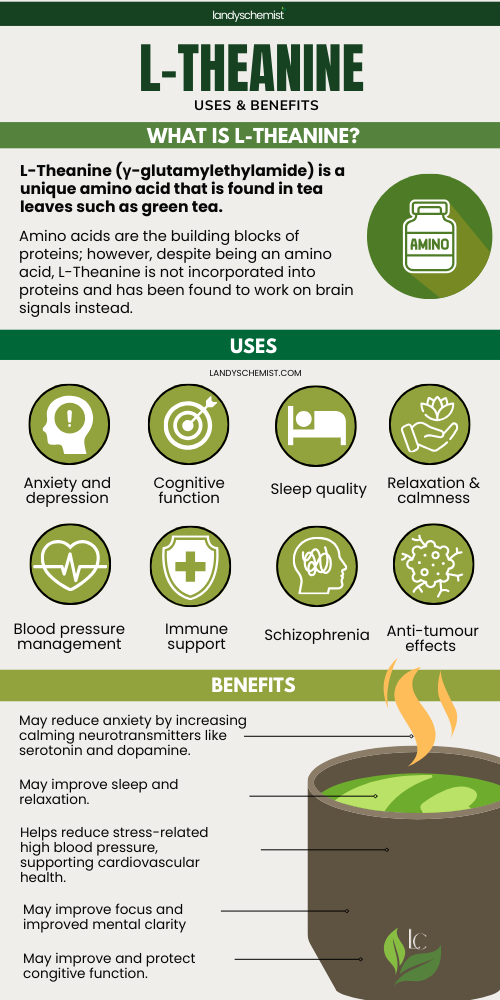Does Yerba Mate Have L Theanine

The invigorating buzz of yerba mate, a South American beverage gaining global popularity, is often compared to coffee or tea. However, unlike its caffeinated cousins, yerba mate is touted for providing a sustained energy boost without the jitters or crash. This has led many to wonder if the secret lies in a unique combination of compounds, specifically the presence of L-theanine, an amino acid known for its calming and focus-enhancing properties.
But does yerba mate truly contain L-theanine? The answer, unfortunately, is not straightforward. While some anecdotal evidence and marketing materials suggest its presence, scientific consensus, backed by rigorous laboratory testing, paints a different picture. This article will delve into the available research, exploring the chemical composition of yerba mate and examining the claims surrounding its purported L-theanine content.
The Core Question: Is L-Theanine Present?
The central debate revolves around whether L-theanine, a known component of green tea and certain mushrooms, is actually present in yerba mate leaves. The perceived "calm alertness" associated with yerba mate consumption fuels the belief that this amino acid plays a significant role.
However, studies analyzing the chemical composition of yerba mate have consistently failed to detect significant, or even trace, amounts of L-theanine. Research published in journals like the Journal of Agricultural and Food Chemistry, which employs sensitive detection methods, hasn't found credible levels.
What Research Says
Numerous scientific analyses have focused on identifying the active compounds in yerba mate. These studies meticulously analyze the chemical profile of the plant, identifying and quantifying various components.
While these studies confirm the presence of caffeine, theobromine, theophylline, and various vitamins and minerals, they consistently report the absence or negligible presence of L-theanine. This evidence forms a strong basis for the argument that L-theanine is not a significant contributor to yerba mate's effects.
Possible Explanations for Perceived Effects
If L-theanine isn't the key, what accounts for the unique effects of yerba mate? Several factors likely contribute to the experience, including the synergy between different compounds and the individual’s sensitivity to them.
Caffeine, theobromine, and theophylline, all present in yerba mate, are known stimulants. These compounds, while similar to caffeine, have slightly different effects on the body, possibly creating a more balanced and sustained energy release. The combination might produce a gentler stimulation compared to coffee’s caffeine rush.
Yerba mate also contains a variety of vitamins and minerals, including B vitamins and antioxidants. These nutrients can contribute to overall well-being and may play a role in the perceived cognitive benefits.
Furthermore, the way yerba mate is traditionally consumed – sipped slowly over a prolonged period – could affect the release and absorption of these compounds, leading to a more gradual and sustained effect compared to quickly consuming a cup of coffee. This slower absorption could reduce the likelihood of experiencing the typical caffeine jitters.
The Power of Suggestion and Individual Variation
The placebo effect shouldn't be underestimated. If individuals believe yerba mate contains L-theanine and expect a calming focus, they may experience those effects regardless of the actual chemical composition. This psychological aspect can significantly influence perceived experiences.
Individual sensitivity to caffeine and other stimulants also plays a crucial role. Some people are naturally more sensitive to these compounds and may experience a more pronounced effect from yerba mate than others.
Marketing Claims vs. Scientific Evidence
It's important to distinguish between marketing claims and scientific evidence. Some companies may highlight the purported presence of L-theanine to appeal to consumers seeking cognitive enhancement. However, such claims should be viewed with skepticism in light of the scientific data.
Consumers should always rely on credible sources of information and carefully evaluate the evidence before making purchasing decisions. Reputable scientific studies and unbiased reviews provide a more accurate understanding of yerba mate's composition and effects than promotional materials.
Expert Opinions
Dr. Emily Carter, a biochemist specializing in plant-based compounds, notes, "While anecdotal reports often mention a calming effect associated with yerba mate, rigorous scientific analysis hasn't confirmed the presence of significant L-theanine. The effects are more likely due to a combination of other compounds and the individual's response to them."
Another perspective comes from nutritionist, Sarah Miller: "It's crucial to consider the overall nutrient profile of yerba mate. Even without L-theanine, it offers a good source of antioxidants and other beneficial compounds. However, it's important to be mindful of caffeine intake, especially for those sensitive to stimulants."
The Future of Research
While current research suggests that L-theanine is not a major component of yerba mate, further investigations could explore potential trace amounts or the presence of other, yet unidentified, compounds that contribute to its unique effects. Advanced analytical techniques might reveal subtle nuances in the plant's chemical composition.
Future studies could also focus on the synergistic effects of yerba mate's various compounds, examining how they interact to influence cognitive function and energy levels. Understanding these interactions could provide a more complete picture of yerba mate's benefits.
Conclusion: A Complex Beverage
In conclusion, while the belief that yerba mate contains significant amounts of L-theanine persists, scientific evidence currently does not support this claim. The unique effects of yerba mate are more likely attributable to a combination of caffeine, theobromine, theophylline, other beneficial compounds, and individual factors.
Yerba mate remains a complex and intriguing beverage with a rich history and cultural significance. It's a source of antioxidants and provides a stimulating effect, but consumers should rely on credible scientific information when evaluating its purported benefits.
Ultimately, whether yerba mate contains L-theanine or not, its popularity speaks to the positive experiences many people have with this South American brew. As with any beverage, moderation and informed consumption are key.




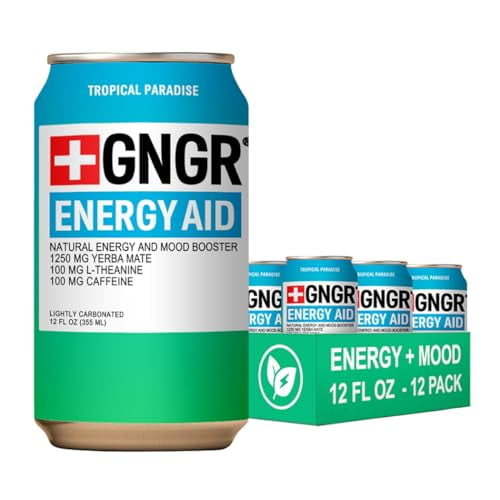
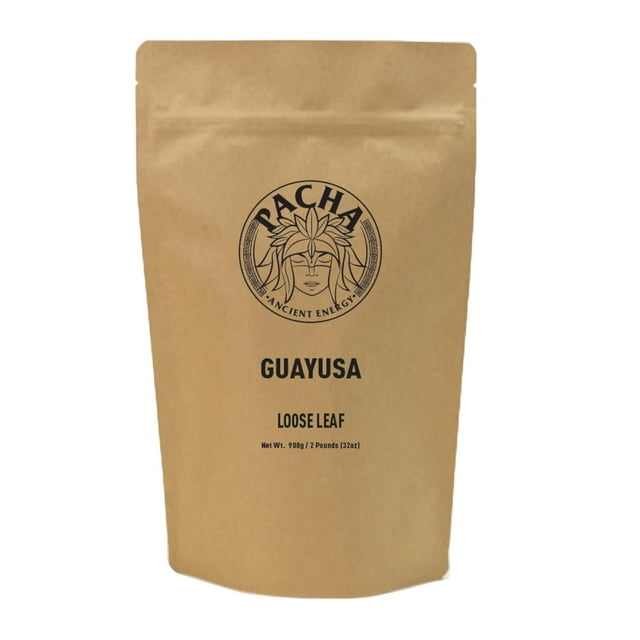

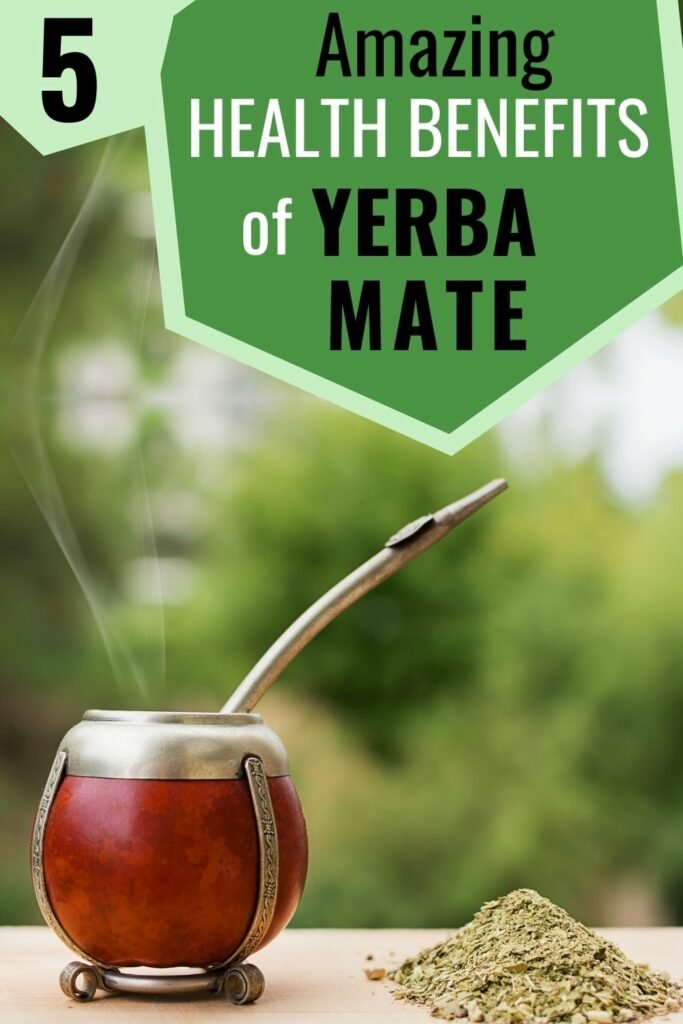
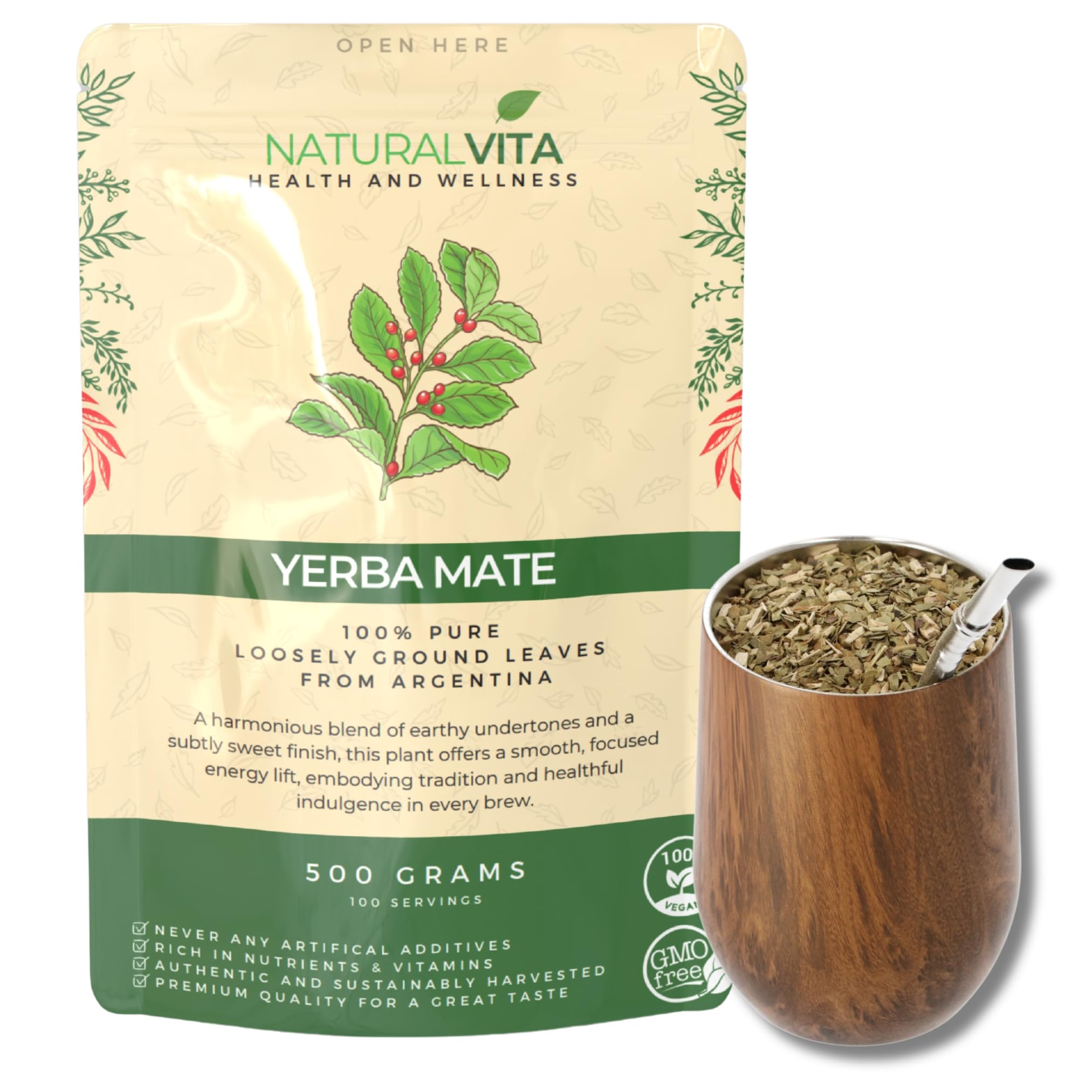


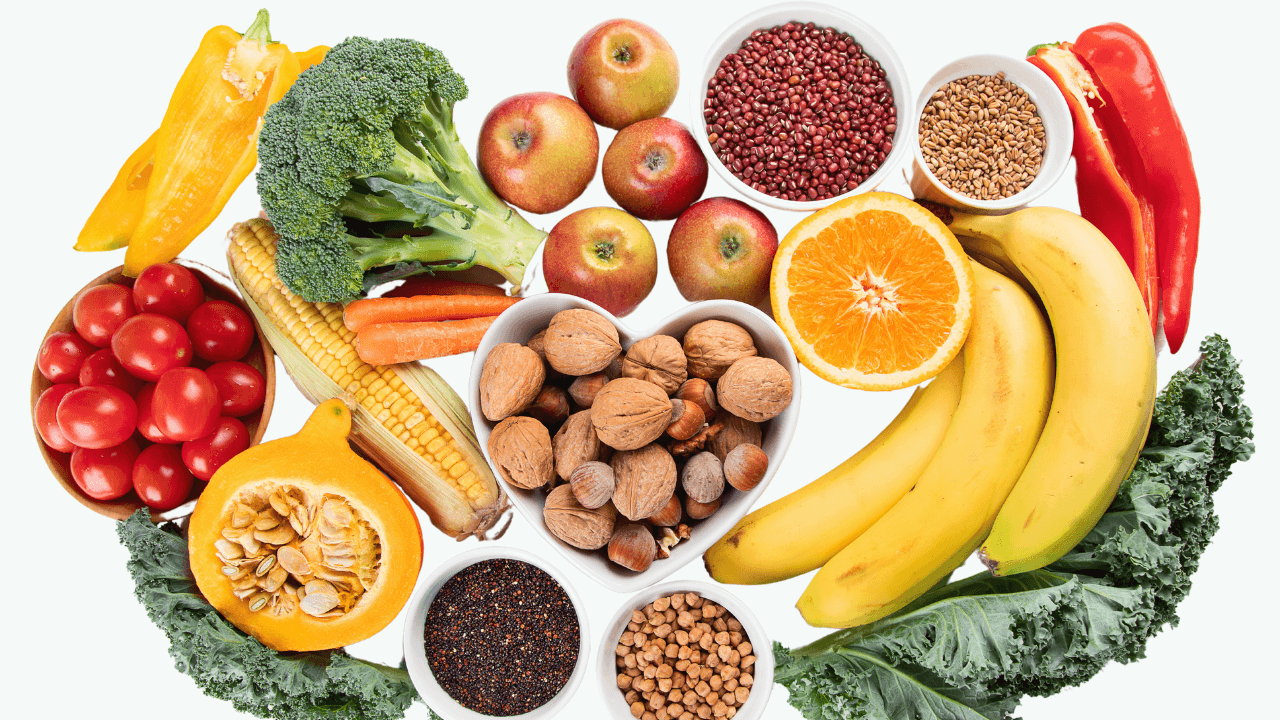

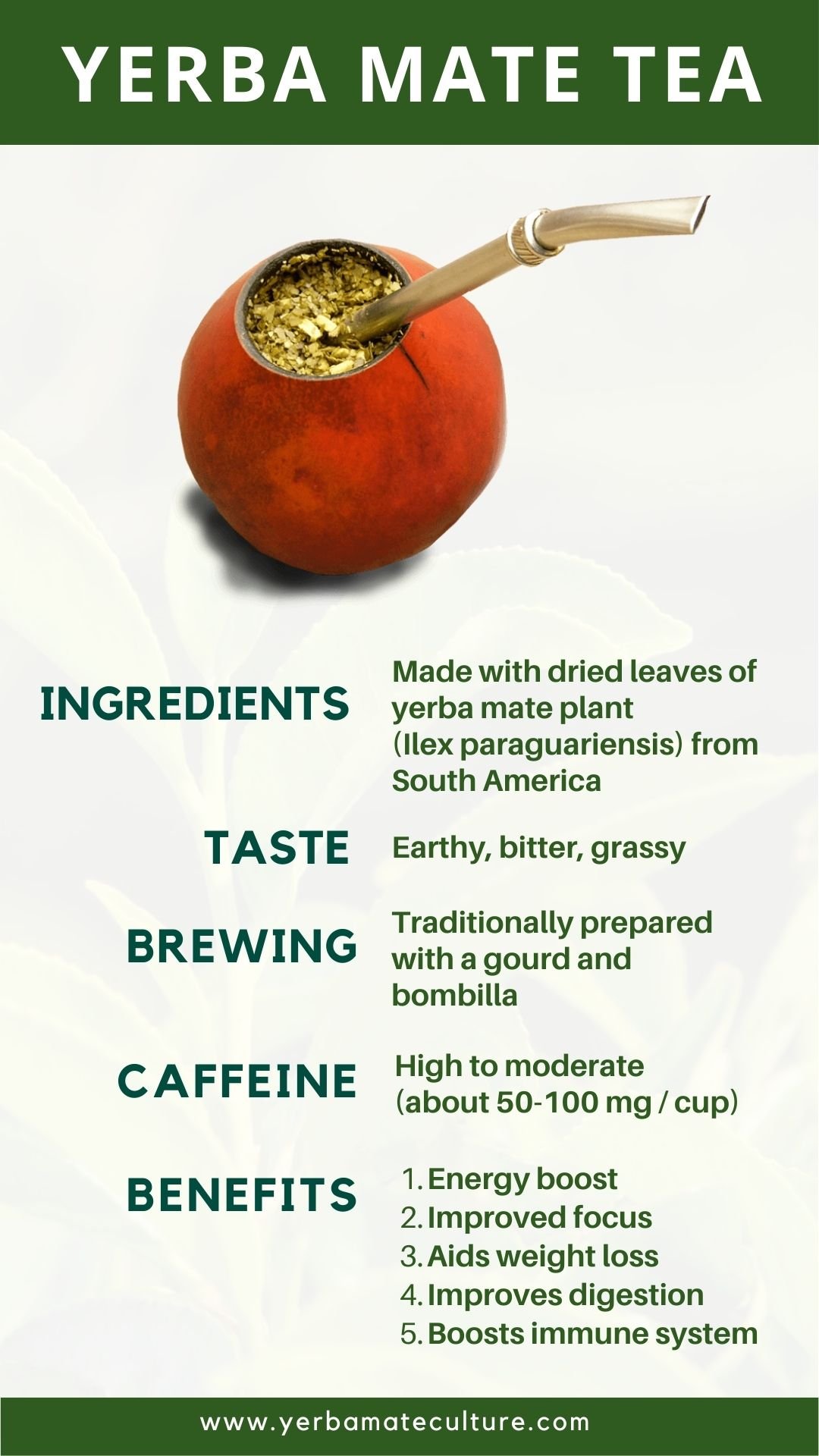
:max_bytes(150000):strip_icc()/iStock-521977646-92598fc6526d476893cff482f6e371af.jpg)

